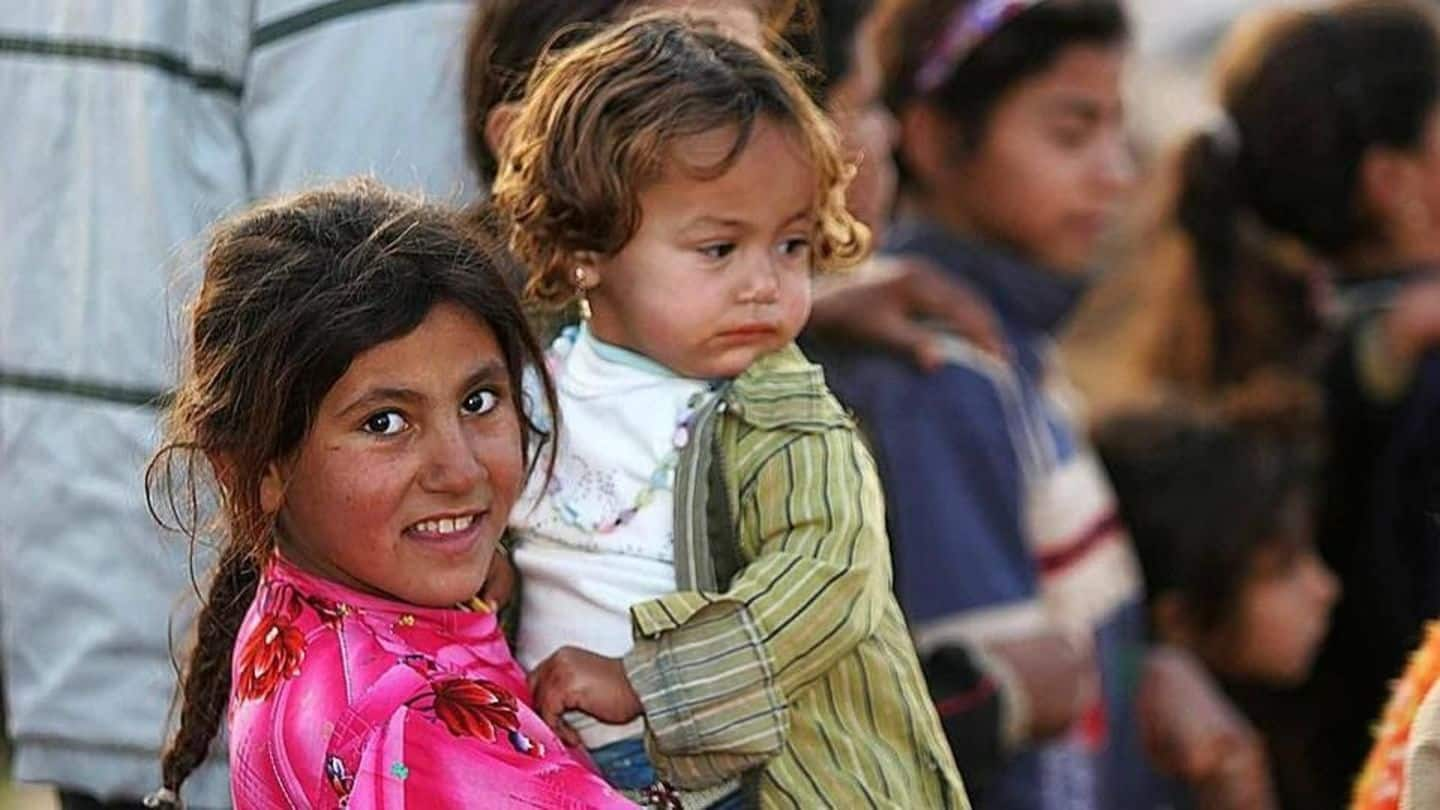
Syria: How parents use WhatsApp to teach kids new skills
What's the story
The Syrian civil war is one of the worst the world's ever seen. It has displaced and permanently scarred millions in the last seven years, forcing them to take dangerous journeys and seek shelter in nations that don't want them.
But it is amid crises that we find tales extraordinary. Here's one such story of how technology's giving refugees hope for a better tomorrow.
Tools
Syrian refugee children are learning through every day activities
The International Rescue Committee (IRC), a global humanitarian aid group, and educational mobile platform Vroom are together in changing young Syrian lives, one video tutorial at a time.
In the war-torn area, where getting formal education is no longer possible, they are equipping Syrian refugee parents with tips and techniques on their mobile devices to help their kids learn through every day activities.
Methodology
The initiative turns shared moments with children into educational lessons
The initiative aims to encourage parents to turn shared moments with children into educational lessons, be it during bathing, folding clothes, or on the go, thus teaching kids elementary concepts like shapes, alphabets and numbers.
To inspire more engagement, the IRC creates culturally appropriate and relatable content ranging from text messages to short videos and shares it through WhatsApp and on social media.
Impact
Over 3.7 million Syrian children have been born during war
Though the idea and exercises seem simple, they can have an indelible impact on a child's development, especially in rough, uncertain environments.
With no schools to attend and no teachers to teach them, it is the only chance the 3.7 million (and counting) Syrian children born in the last six years have at getting any elementary education.
Connecting refugees
Mobile technology and internet connectivity have made reaching out easier
Mobile technology and internet connectivity have made it possible for the IRC to achieve its mission of providing low-cost assistance to as many of the 5 million Syrian refugees as possible.
Most of these families have access to a mobile device. Some even have an internet connection. And so the IRC launched a pilot program in Jordan and Lebanon earlier this year.
Challenges
But, technology can help but only so much
According to a 2016 UNHCR report, about 65 million refugees live without reliable internet and mobile connectivity.
Technology hence cannot solve it all, especially when it's not commonly available. Yes, it is revolutionizing the IRC's initiatives, but it can hardly replace traditional education systems.
Technology is an effective tool but it can do only as much. Syrian refugee children need more, a lot more.